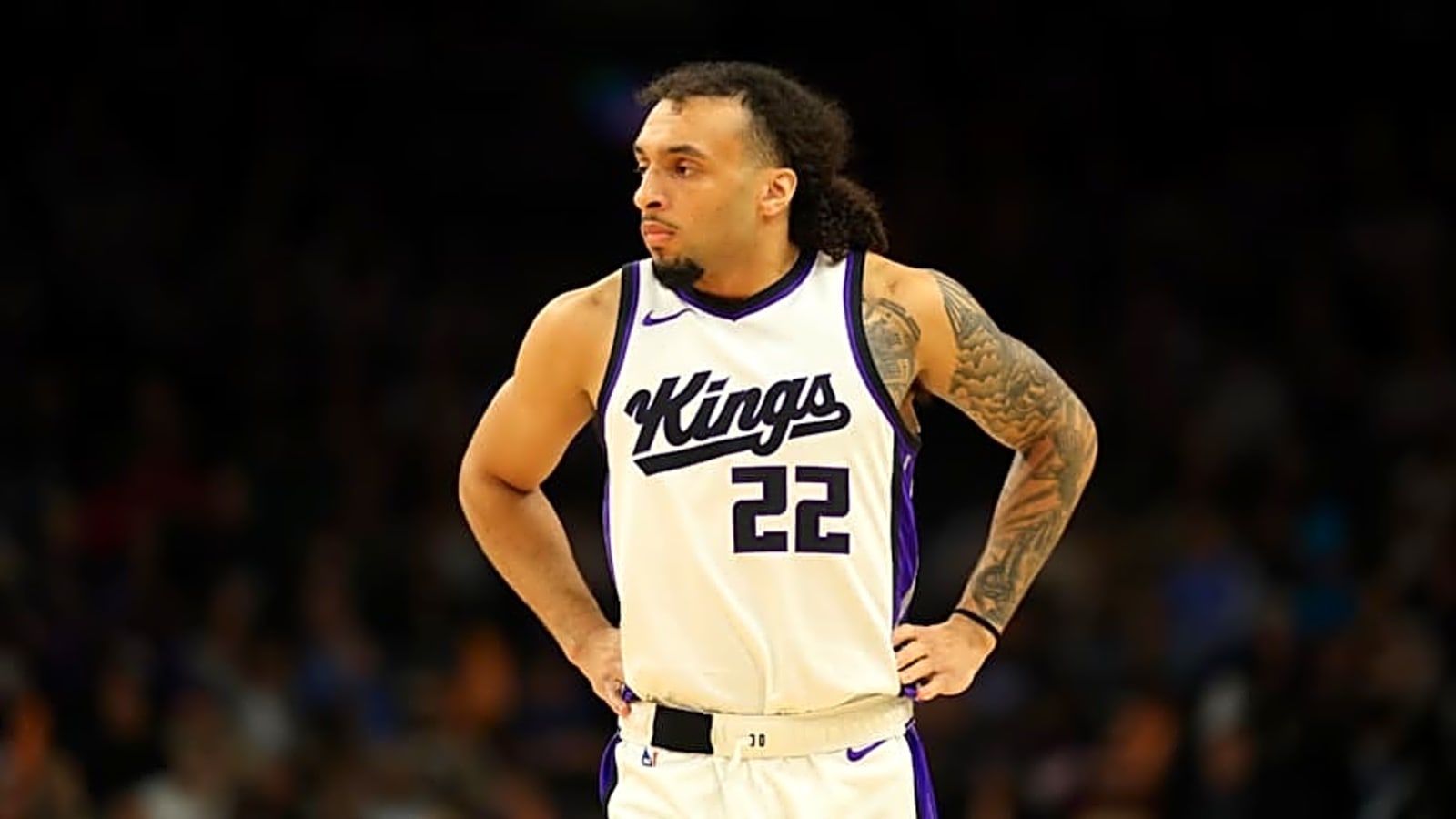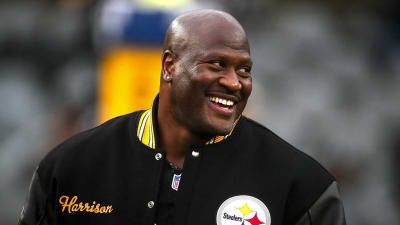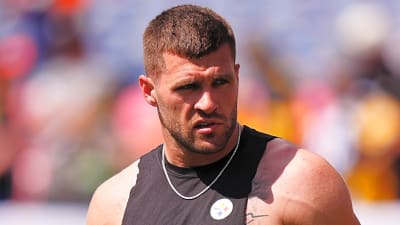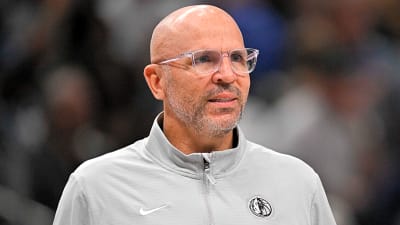
Devin Carter was drafted 13th overall in the 2024 draft out of Providence in the Big East. Carter started his college career at South Carolina before transferring to Providence in 2022, after making the SEC All-Freshman team. As a Sophomore, Carter averaged 13 points per game, but it was on the defensive end where Carter made his name.
Carter averged 2.9 stocks per game (blocks + steals) in his first season with Providence, quickly becoming viewed as one of the best perimeter defenders in college basketball. His junior season is where Carter really took a big leap offensively. After struggling to shoot the ball from deep, Carter shot 38% from three on the way to averaging 19.7 points per game in his third college season.
After he was drafted, it was announced that Carter had been dealing with a torn labrum and would need surgery, pushing his debut out until 2025.
Sacramento Kings rookie Devin Carter, the No. 13 overall pick in the NBA Draft, will be available to make his season debut tonight against the Memphis Grizzlies and his father, assistant coach Anthony Carter, sources told ESPN. Carter underwent left shoulder surgery in July.
— Shams Charania (@ShamsCharania) January 3, 2025
Once Carter hit the court, it was clear that he was bringing a defensive intensity that the Kings desperately needed, but his first season still leaves a bit to be desired.
The Good
As mentioned, Carter is a fiery defender who is willing to do whatever it takes to try to stop his guy from scoring. His long reach (6’9”) and massive vert (42”) help him handle bigger players, which is vital because Carter is only 6’2”.
Playing 11 minutes a game as a rookie, Carter had a defensive rating of 109.3, which was by far the best number for any Kings player who played in more than 25 games this season. Carter and Keon Ellis were particularly disruptive together, posting a 101.1 defensive rating and an 8.4 net rating when they shared the court together this season. After playing only 86 minutes together, it would be great to see the two share the court a lot more next season.
Another thing that Carter did exceptionally well was turn defense into offense. Sacramento was a much better team when they were able to get in transition, and Carter’s wingspan and off-the-charts defensive IQ helped the Kings do just that.
Devin Carter getting in passing lanes tonight has been awesome to watch.
— Esfandiar Baraheni (@JustEsBaraheni) March 20, 2025
Such a pest on D. pic.twitter.com/xshif1SJc8
Offensively, Carter was a bit of a rough watch at times, but he did two things very well. Carter averaged 3.7 assists per 36 minutes this season, and while that number doesn’t jump off the page, it does show Sacramento’s coaching staff that Carter has the chance to develop into a solid playmaker.
I don't believe that anyone is looking at Carter to become the next starting point guard; however, having more high-IQ players on the court is never a bad thing. The other thing that stood out for Carter was his connective play. Below is one of my favorite examples of how Carter can help Sacramento’s offense hum without scoring the basketball.
devin carter sets the screen to switch zach edey off of sabonis then burns edey off of the catch to tilt the defense. sacramento passes around and ends up with a great look
— ben pfeifer (@bjpf_) January 12, 2025
this is what carter is already bringing as complementary guard. sacramento is a perfect fit pic.twitter.com/Gpp5sNwyYN
Carter sets a good screen to get Zach Edey to switch onto him, gets the ball back, and attacks Edey and immediately puts the Grizzlies defense into rotation, which turns into a great look from three for Malik Monk. While Carter isn’t credited with an assist or point on this possession, his movement and connective play got Sacramento in position to score. Little things like this go a long way for a team like the Kings that often looked completely lost and complacent on offense.
The Bad
Unfortunately, Carter was not able to shoot the ball with the same efficiency he did in college. In 36 games this season, Carter shot just 29% from three and 37% from the field, which are both far below league average numbers.
Whether it was the shoulder surgery or just a fluke college season, Carter’s slow release led to some really ugly shots when he let it fly.
Carter was much better on catch and shoot opportunities, but at just 34%, he’s still got a long way to go before he’s a threat from deep. The most worrying sign is Carter’s free-throw shooting. The percentage from the line has been correlated with overall shooting talent, and Carter’s 59% this season doesn’t help his case.
As a small off-guard, Carter needs to be at least an average shooter to be able to earn major minutes, no matter how good he is defensively, and that is mostly why he gets the grade he gets. Of course, Carter can develop his shot and keep the same defensive intensity (eg, Derrick White), but for now, he gets a slightly above average grade with his shooting being the major question mark.
Grade: C+
More must-reads:
- Five takeaways from the second round of the NBA Draft
- What is Cooper Flagg's earning potential after being selected No. 1?
- The 'No. 2 NBA Draft picks' quiz
Breaking News
Trending News
Customize Your Newsletter
 +
+
Get the latest news and rumors, customized to your favorite sports and teams. Emailed daily. Always free!








